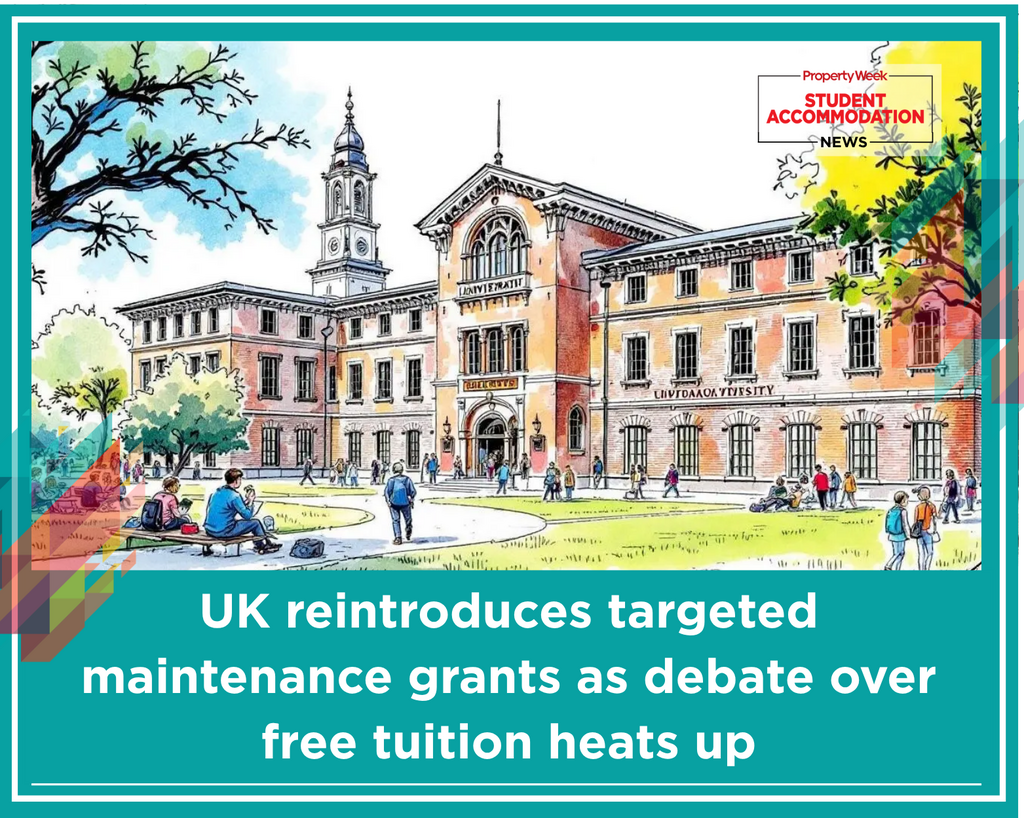
UK reintroduces targeted maintenance grants as debate over free tuition heats up
The UK government’s plan to reintroduce targeted maintenance grants by 2029 has sparked renewed debate on higher education affordability, with political and sector bodies weighing in on the implications of funding via international student fees and broader calls for university reform.
The UK government’s recent announcement to reintroduce targeted maintenance grants for students from low-income households by 2029 has reignited discussions about the affordability and accessibility of higher education. Education Secretary Bridget Phillipson unveiled the plan at the Labour Party conference, stressing that the grants will support "tens of thousands" of students enrolled in priority courses aligned with the industrial strategy and broader goals to renew Britain. The grants aim to cover essential living expenses such as rent, food, and travel—support that was scrapped in 2016 under the previous Conservative government. Funding for this initiative is set to come from a new levy on international student fees, applied solely to higher education providers in England.
This move comes against a backdrop of growing financial hardship for students. Professor Graham Galbraith, vice-chancellor of the University of Portsmouth, highlighted on BBC Radio Solent that many young people are struggling with the rising cost of living, leading some to defer essential placements. “The reality is that young people are finding the finances very, very difficult,” he remarked, underlining the urgency of increased governmental support. The reintroduction of maintenance grants follows a recent tuition fee increase from £9,250 to £9,535, which marked the first rise since 2017, aiming to ease financial pressures on universities.
While the government asserts that the levy on international student fees will generate funds necessary for these grants, this policy has drawn criticism from key sector bodies. The Russell Group expressed concern that the levy could further strain already challenged university finances, affecting investment in vital teaching facilities and research. Dr Tim Bradshaw, Chief Executive of the Russell Group, warned that the funds diverted by this levy might undermine universities’ abilities to support local communities and economic growth. Similarly, the Council of Deans of Health welcomed the grants but cautioned that relying on international student fees could exacerbate financial challenges for education providers, potentially hampering the delivery of government health plans and educational ambitions.
Despite these concerns, the National Union of Students (NUS) has broadly welcomed the reintroduction of maintenance grants, calling it the first meaningful government action to repair the broken financial support system that emerged following the establishment of £9,000 tuition fees. Alex Stanley, NUS Vice President Higher Education, noted the importance of this step in providing real financial assistance to the most disadvantaged students.
The broader political landscape reveals a complex stance on tuition fees and student support. In 2024, the Trades Union Congress (TUC) unanimously passed a motion to campaign for the abolition of tuition fees in favour of a fully publicly funded higher education system. The motion also included demands for pay parity between further education and schoolteachers, and the creation of a national education service funded from cradle to grave. The University and College Union (UCU) echoed these calls, urging the Labour Party to fix the “broken funding model” in higher education. However, Labour leader Keir Starmer, having previously pledged to abolish tuition fees during his 2020 leadership campaign, reversed this commitment in 2024, prioritising NHS funding over free university education.
With the reintroduction of means-tested maintenance grants, the government signals a focus on targeted support rather than sweeping reforms. This pragmatic approach aims to balance student needs with the financial sustainability of universities, which also recently saw a 3.1% inflation-linked increase in maintenance loans to ease student cost of living pressures. However, the debate over free tuition fees versus targeted grants remains active among policymakers, educators, and student groups, who argue that deeper reforms may be necessary to truly level the playing field in higher education access and affordability.

